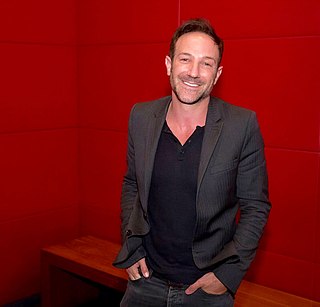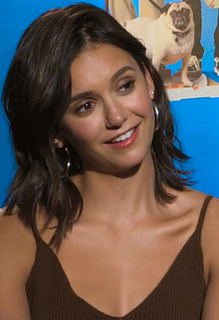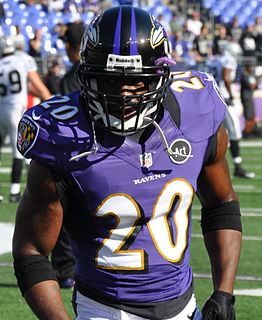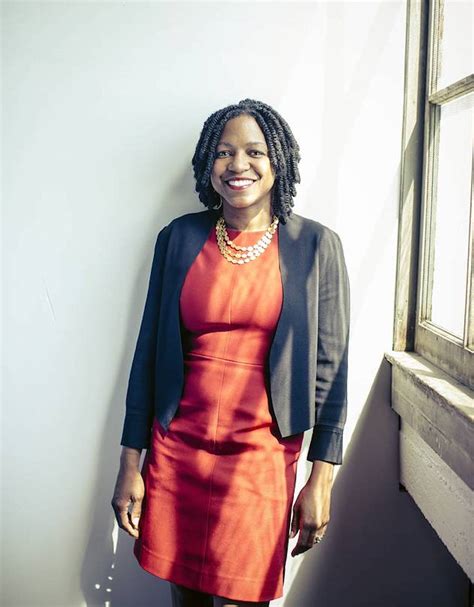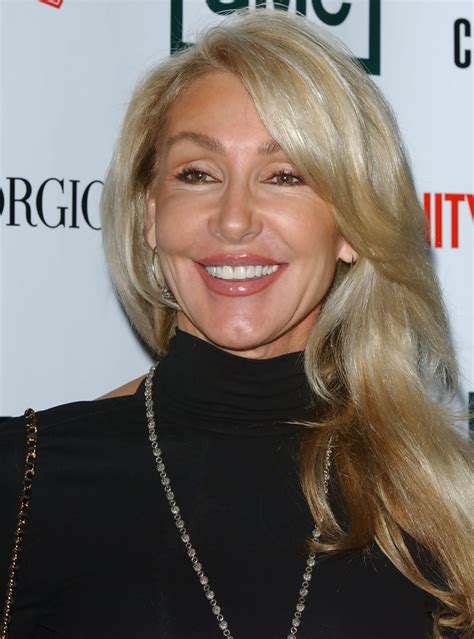A Quote by Franchesca Ramsey
Becoming a police officer is a choice. It's not something you're born into.
Related Quotes
I have a former Baltimore City police officer's uniform and his robe and hood. He was the grand dragon, which means state leader. His day job, what paid his bills, he was a Baltimore City police officer, not an undercover officer in the Klan gathering intelligence, but a bona fide Klansmen on the Baltimore City police force.
Let's say you are driving in the U.K., and you are pulled over by the police for speeding, and you try to bribe the police officer with £300 to walk away. I guarantee you that at least 99 times out of 100 you are going end up in handcuffs, and you will be charged with the crime of trying to bribe a police officer.
There were a number of reasons I decided to join the New York City Police Department back in 1984. I felt a calling to protect and serve my neighbors, and I wanted to reform negative departmental practices from within. On top of those factors, becoming a police officer gave me a pathway to the middle class.
The duties which a police officer owes to the state are of a most exacting nature. No one is compelled to choose the profession ofa police officer, but having chosen it, everyone is obliged to live up to the standard of its requirements. To join in that high enterprise means the surrender of much individual freedom.
I never had a problem with genre because a genre actually is like a uniform - you put yourself into a certain uniform. But if you dress up in a police officer's uniform, it doesn't mean that you are an officer; it can mean something else. But this is the starting point, and the best way is to not to fit into this uniform but to make this uniform a part of yourself.
If you find yourself in a relationship or even a friendship with someone who's conflicted with their gender identity, just be kind. This is not a life choice. This is something that you are born with. This is like being born with a gene for being tall, short, black, white, gay, straight - it's not a choice.



